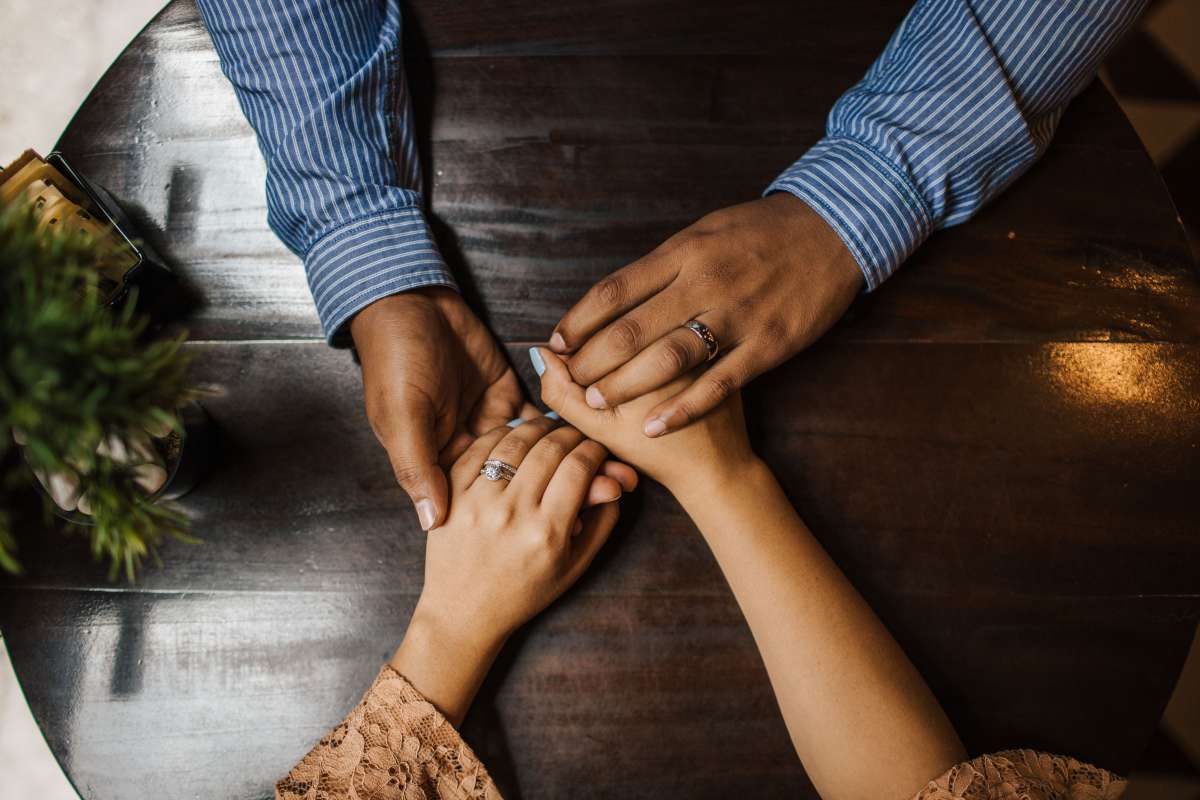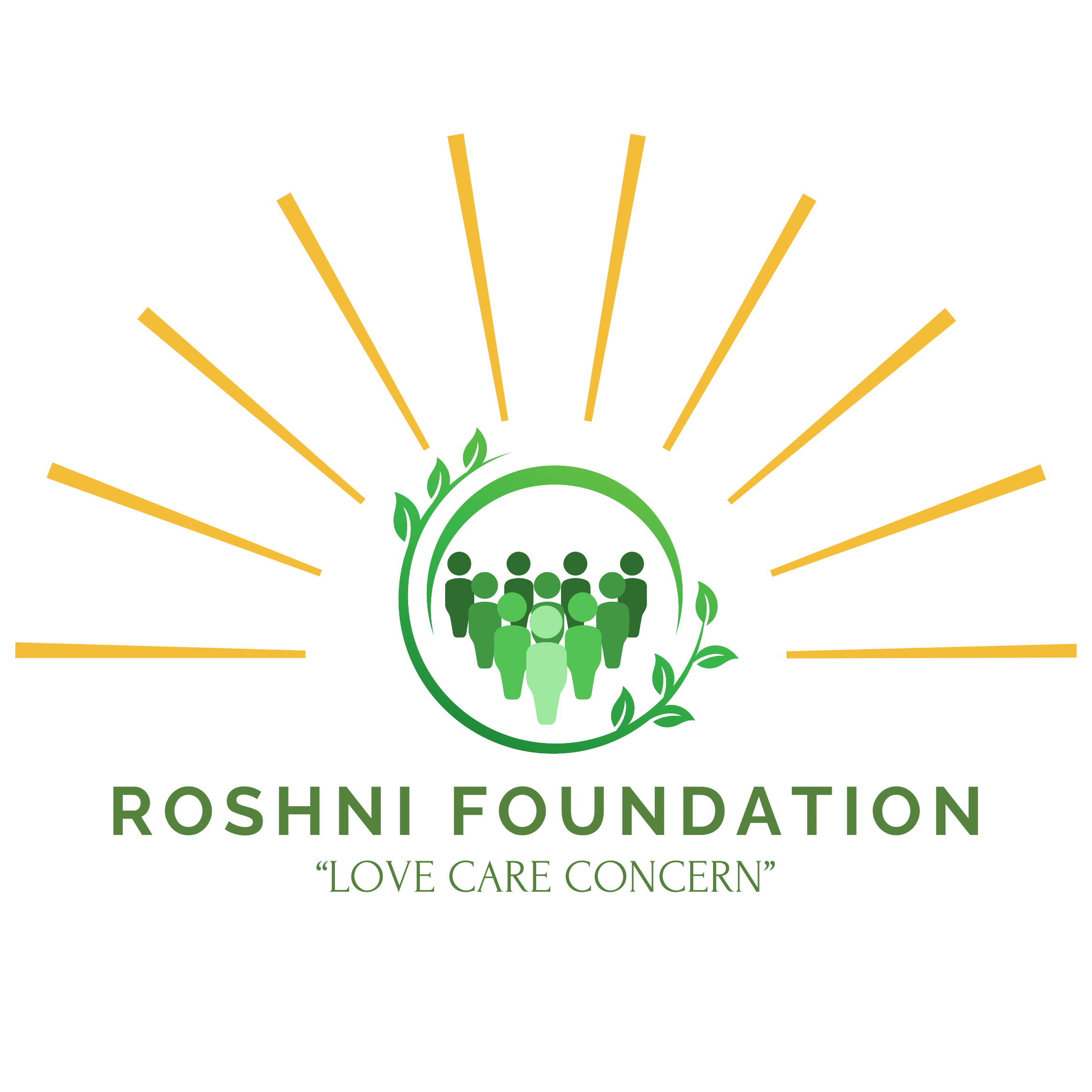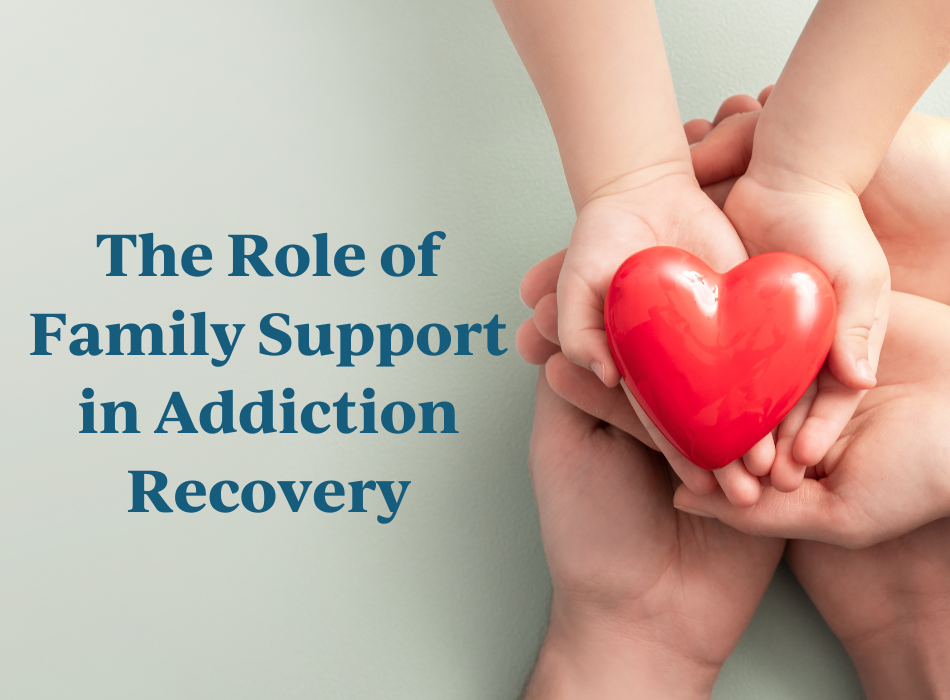Drug addiction is more than a personal struggle—it’s a crisis that deeply affects families and communities. While professional treatment is essential, one often overlooked factor is the family role in drug recovery. Studies and experience alike show that sustained recovery is far more likely when a person has the support and involvement of loved ones throughout the rehabilitation process.
At Roshni Foundation, recognized as one of India’s best rehab centre options, we’ve witnessed the transformational power of family involvement in the healing journey. This article explores why the family role in drug recovery is vital, what support systems look like, and how families can actively contribute to long-term success.
Why Family Support Matters in Drug Recovery
Addiction isolates individuals from society, but especially from family. Rebuilding these connections is not just emotionally fulfilling—it’s therapeutic. The family role in drug recovery helps in:
-
Reducing the chances of relapse
-
Improving treatment adherence
-
Restoring trust and emotional stability
-
Encouraging self-worth in the recovering individual
Rehab isn’t just about detox—it’s about rebuilding relationships, routines, and responsibilities.
Emotional Stability and Support
One of the primary ways the family role in drug recovery contributes is by providing emotional stability. Addiction often thrives in chaotic, unsupportive environments. A stable, loving family setup can:
-
Reduce anxiety and depression in the patient
-
Create a sense of belonging and accountability
-
Motivate long-term sobriety
At Roshni Foundation, we include emotional health assessments for both patients and their families as part of our rehab programs.
Education and Awareness
A crucial aspect of the family role in drug recovery is educating family members about addiction as a disease, not a moral failing. Awareness training helps them:
-
Understand withdrawal symptoms
-
Recognize signs of relapse
-
Avoid enabling behaviors
-
Set healthy boundaries
Most best rehab centre programs now include family workshops, psychoeducation, and support groups for this reason.

Participation in Counseling and Therapy
One of the most effective ways families can contribute is through direct participation in counseling sessions. These may include:
-
Family therapy sessions
-
Joint behavioral contracts
-
Conflict resolution exercises
These interventions strengthen communication, build trust, and heal emotional wounds—proving that the family role in drug recovery is not just passive but highly active.
Creating a Supportive Home Environment
After rehab, a supportive home environment is essential to avoid relapse. Here’s how families can help:
-
Remove triggers like alcohol or drugs from the home
-
Set consistent routines
-
Offer positive reinforcement for sobriety milestones
-
Stay involved in aftercare or alumni meetings
These actions reinforce that the family role in drug recovery extends well beyond the walls of a rehab facility.
Spotting the Signs of Relapse Early
Families who are involved and aware are more likely to catch early signs of relapse, such as:
-
Mood swings
-
Isolation
-
Dishonesty
-
Return of old habits
Timely intervention, based on observation and care, is one of the most powerful benefits of a strong family role in drug recovery.
Avoiding Common Mistakes
While family support is crucial, it must be healthy support. Common mistakes that hinder recovery include:
-
Over-involvement or micromanagement
-
Enabling substance use (“just one drink”)
-
Constant criticism or blame
-
Ignoring your own mental health
The family role in drug recovery is about balance—supportive but firm, compassionate yet disciplined.
How the Best Rehab Centres Engage Families
At Roshni Foundation, we treat addiction as a family disease. Our family-oriented programs include:
-
Weekly family counseling sessions
-
Family education workshops
-
Support groups for caregivers
-
Joint goal-setting and progress reviews
We believe a person’s healing journey is accelerated when families are not just involved but empowered.

Actionable Tips for Families
If you’re supporting someone through addiction recovery, here are some practical ways to make your support effective:
-
Communicate honestly but without judgment
-
Attend therapy sessions if offered
-
Celebrate milestones and small wins
-
Educate yourself continually about addiction
-
Take care of your emotional well-being
These behaviors build a healing environment and solidify the family role in drug recovery for the long haul.
Conclusion
Drug addiction recovery is not just an individual process—it’s a family transformation. The family role in drug recovery can mean the difference between relapse and long-term sobriety. Through emotional support, participation in therapy, education, and consistent care, families can play a central role in healing.
At Roshni Foundation, widely recognized as one of the best rehab centre options in India, we partner with families every step of the way—because when families heal together, recovery is not just possible, it’s sustainable.


